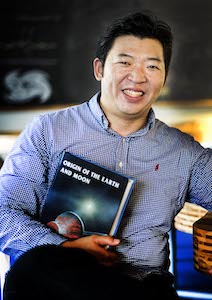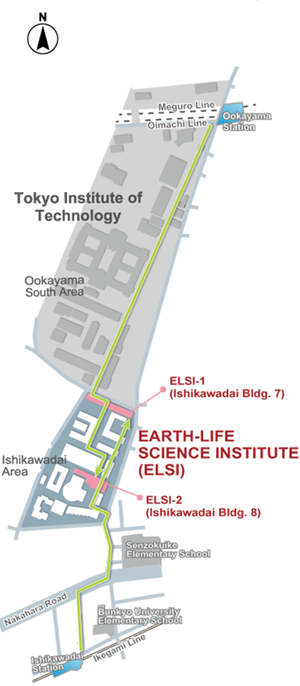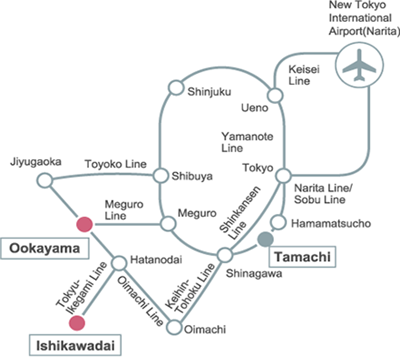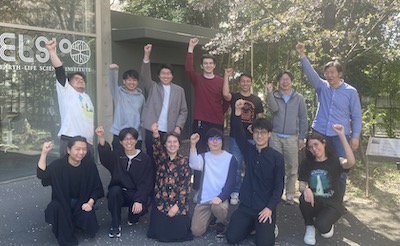 |
In Genda-lab, we are doing research on how solar system bodies (planets, satellites, small bodeis etc.) formed and evolved. Our goal is to understand the origins of wide varieties among those boides. Why does Earth have oceans? Why not for the others? What determined the size of planets? Are there life beyond Earth? What conditions made Earth have life? We are investigating those fundamental questions.
In our lab, we are solving the processes in which planetary bodies form and evolve based on physical and chemical laws mainly via computer simulations. We call this numerical experiments. Our results and hypotheses should be tested and validated. So, we are being involved in on-going and future planetary explorations (Hayabusa 2, MMX etc.), and we are collaborating with many researchers whose specialities are experiments, analysis, observations, and field works. Let's enjoy research together! |




